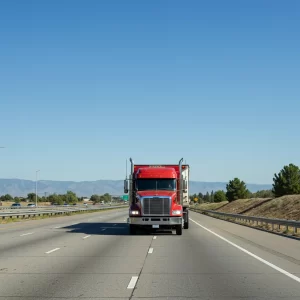
How Do Emission Control Systems Work on Trucks?
Understanding Truck Emission Control Systems | A Driver’s Guide
The California Air Resources Board (CARB) made the Clean Truck Check Regulation to help keep the air clean. This rule is also called the Heavy-Duty Inspection and Maintenance Regulation. It covers diesel heavy-duty trucks, alternative fuel heavy-duty trucks, buses, and hybrid trucks and buses. Every year, owners must pay an annual compliance fee for each vehicle in the Clean Truck Check Vehicle Inspection System (CTC-VIS). This fee helps CARB run programs like periodic compliance testing, roadside emissions monitoring, and checks from the California Highway Patrol (CHP). Paying this yearly fee helps you stay part of the Heavy-Duty Vehicle Inspection and Maintenance Program and avoid daily fines or registration holds from the California Department of Motor Vehicles (DMV).
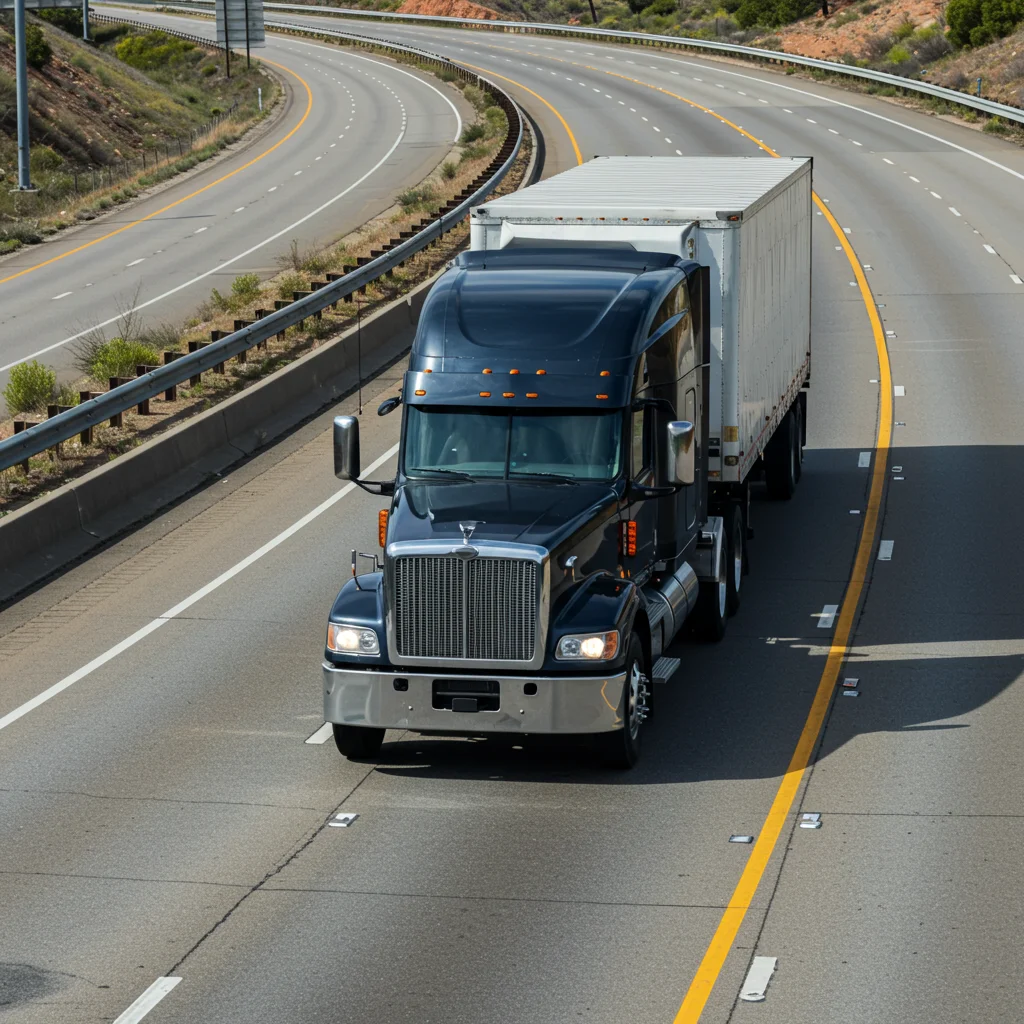
If you own commercial vehicles, privately-owned vehicles, or government vehicles with a gross vehicle weight rating over 14,000 pounds, you must register them in the CTC-VIS online portal and pay the annual compliance fee. This rule applies to vehicles from California, other states, Mexico, and Canada. All types of trucks OBD J1937, OBD J1979, and vehicles without OBD systems must follow the emissions inspection requirement. The Clean Truck Check program makes sure vehicles pass emissions control systems testing, like the On-Board Diagnostics (OBD) emissions test, so California can reduce dirty trucks and protect clean air. For local testing and services, see Clean Truck Check In Canyon Lake, CA.
To plan your budget, you should know about the annual reporting requirement, semiannual testing requirement, and any program updates posted in the California Regulatory Notice Register. Besides the annual compliance fee, you’ll need money for testing with certified testers, sending data snapshots, OBD data readings, and visual inspections of emissions equipment. You can pay online by credit card, debit card, or ECheck payment through the CTC-VIS online portal. Set aside money for VIN registration, CTC-VIS registration, and passing Clean Truck Check test submission. Staying on top of these costs helps you avoid DOT inspection penalties or roadside detection problems.
To follow the Clean Truck Check Regulation, vehicle owners must make an online user account, set up a VIN-based testing schedule, and register each vehicle in the CTC-VIS system. After you register, pay the annual compliance fee and complete periodic compliance testing. This testing includes smoke opacity tests, OBD emissions tests, and visual emissions control inspections. When you finish testing, upload your results to the CARB database. CARB will give you a digital compliance certificate. Make sure to follow all annual reporting and semiannual testing dates to avoid DMV registration expiration or other legal roadblocks that stop your registration renewal.
Obtaining
Once you pay the annual compliance fee, you’ll get a compliance certificate after passing all tests and uploading results. This certificate is needed to remove any DMV registration hold and keep your California DMV registration active. In the CTC-VIS portal, you can find an online user guide, video tutorial, and training sessions that show how to do bulk vehicle uploads, send emissions test results, and download your digital compliance certificate. You can pay the fee using credit card, debit card, or ECheck, all safely processed through CARB’s online system. This makes it easier for vehicle owners and fleet operators to stay compliant. For local testing and services, see Clean Truck Check In Lakeland Village, CA.
If you don’t pay the annual compliance fee or miss a testing deadline, you may get daily fines, registration blocks, or roadside detection penalties from the California Highway Patrol (CHP). CARB might also send a Notice to Submit to Testing (NST), which means you must quickly complete OBD data readings and smoke opacity tests. Missing deadlines can cause DMV registration expiration, which will stop your registration renewal and create legal roadblocks. Keeping your CTC-VIS account updated helps you meet every deadline and avoid costly penalties.
The annual compliance fee is a recurring cost, not a one-time expense. It covers CARB’s ongoing work, like emissions control systems testing, OBD checks, and visual inspections. You also need to plan for periodic compliance testing, semiannual testing, and annual reporting each year. These repeated steps are part of CARB’s plan to find and fix high-emitting vehicles. By planning ahead for these costs, fleet operators can keep their vehicles compliant, avoid downtime, and help meet environmental regulations and clean air standards in California.
The Clean Truck Check Regulation covers both California-based and out-of-state registered vehicles, including vehicles from Mexico and vehicles from Canada. All commercial vehicles, motorhomes, buses, and trucks must pay the annual compliance fee and pass periodic compliance testing from certified emissions testers. The same emissions inspection requirements apply to everyone, including OBD emissions tests, smoke opacity tests, and visual inspection of emissions equipment. Paying the fee and finishing all tests keeps your vehicles legal in California and avoids roadside emissions monitoring problems or DMV registration blocks. For local testing and services, see Clean Truck Check In Pasadena, CA.
Using telematics and certified technology helps fleet managers track VIN-based testing schedules, collect OBD data readings, and upload test results to the CARB database on time. Telematics tools can send reminders for semiannual testing, annual compliance fee payments, and data snapshot submissions, which helps you stay compliant. With these digital tools, shippers, brokers, and fleet operators can manage emissions compliance, download digital compliance certificates, and handle Clean Truck Check duties more easily for all their vehicles.

Understanding Truck Emission Control Systems | A Driver’s Guide
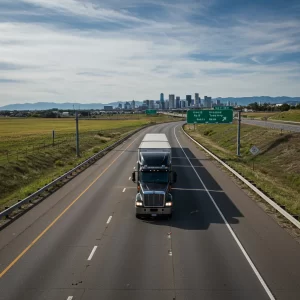
What is the Lifespan of Truck Emissions Components | Guide to Durability and Replacement
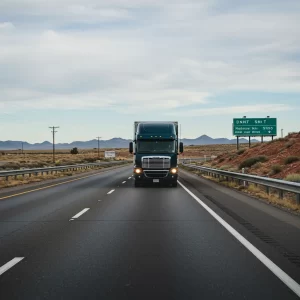
Are New Diesel Trucks Reliable with Emissions Systems | What You Need to Know
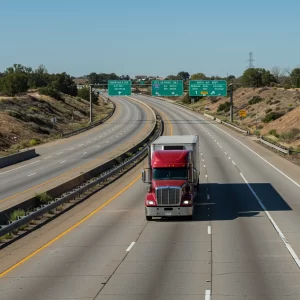
Truck Emissions Maintenance | How to Reduce Pollution and Boost Efficiency
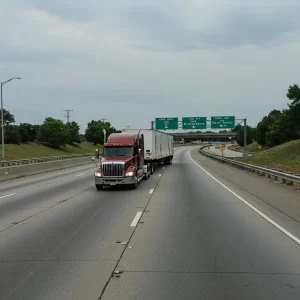
Reduce Truck Emissions | Practical Ways to Lower Your Carbon Footprint
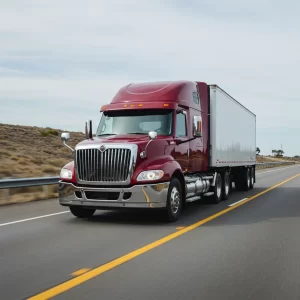
What Causes High Diesel Emissions | Key Factors You Need to Know